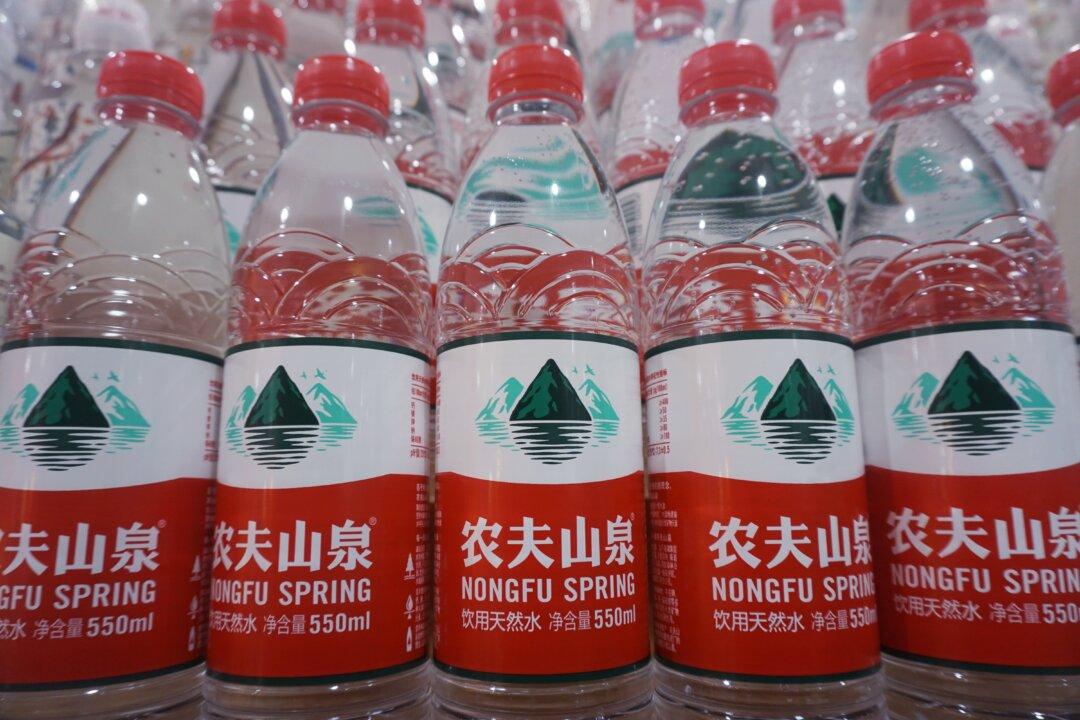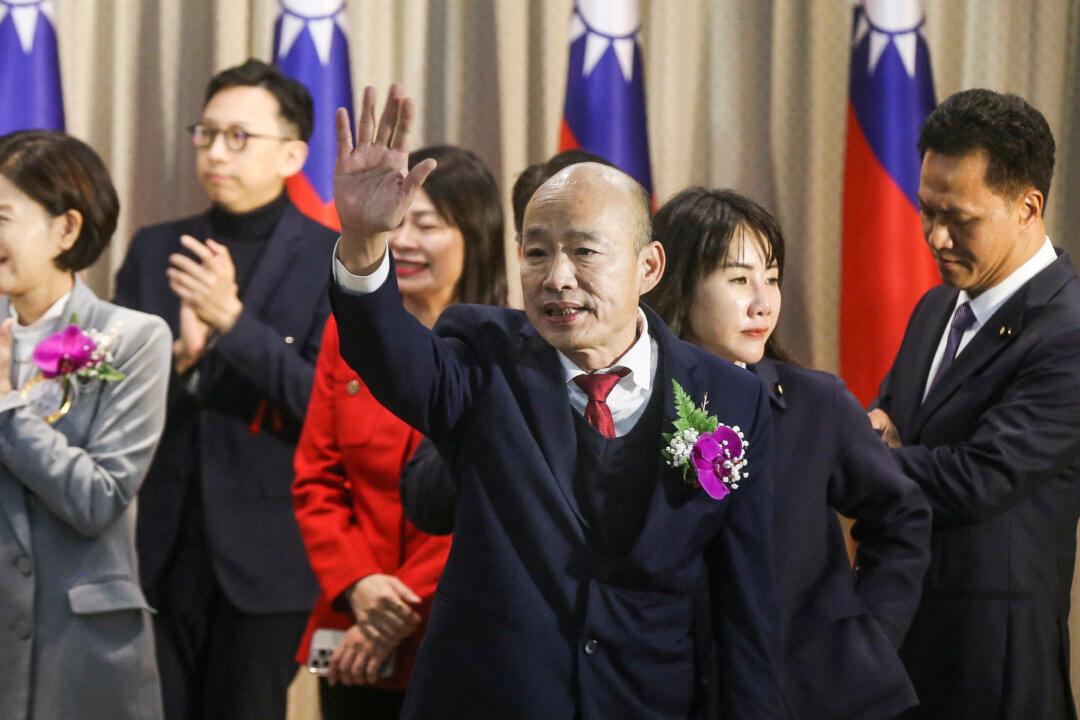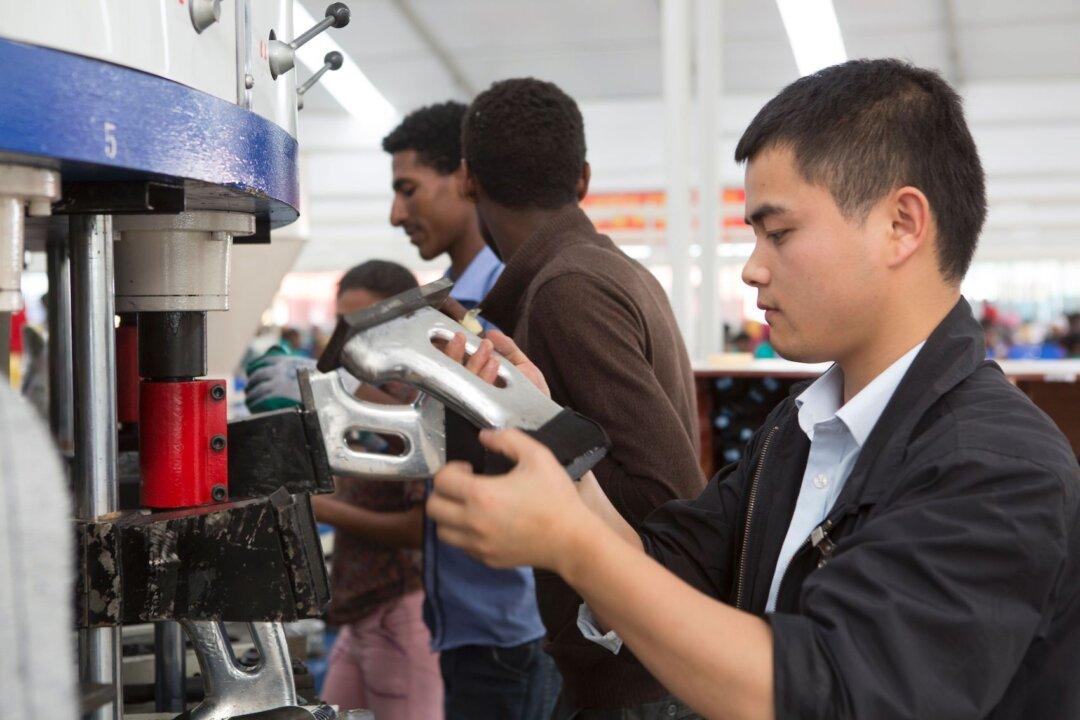A dramatic surge in COVID cases has plunged cities and towns across China into an extreme shortage of medicines. As millions of Chinese scramble to get their hands on fever reducers, antibiotics, and cough remedies, buyers abroad are rushing to purchase drugs to send back to China. The sweeping purchases are causing alarm in other countries.
A pharmacist in Osaka, Japan who gave his name only as Kitajima, told The Epoch Times on Dec. 21 that fever patches, cough and cold medicines, masks, and eye drops are “being snapped up” by buyers who are sending them to China.




